
“Essentially, we are working to enable the Jewish community to make a difference on the climate crisis and using that process to strengthen Jewish life.”
So says Hazon founder and CEO Nigel Savage, whose environmental nonprofit is marking the Jewish year 5780 as the year of “environmental teshuvah.”
“We really are raising our game and starting to rally the Jewish community and people want to make a difference, so it seemed very clear to us to say this has to be the year of environmental teshuvah,” Savage said. “It is not only the right thing to do, it is actually really necessary and if we do it seriously, it will not only strengthen the Jewish community and help build relationships with other faith communities in this country, it will also strengthen civic society. It is also a new way to frame a relationship with Israel. It is not just that this is a climate crisis; there are many big consequences in engaging in a positive way with the need to do environmental teshuvah.”
Hazon also is offering five steps everyone can take as they sit at holiday tables and consume what can be considered as excessive amounts of food.
“We are a community and a people of lists,” Savage said. “We really are trying to help to make it easier for people and one of the key things that we are stressing is everything to do with food. For thousands of years, people have a tradition of keeping kosher and the word kosher literally means steps. If we ask [is this kosher?], we’re really saying [is this safe for us to eat?]”
The first step is to eat a plant-rich diet by committing to eating fewer industrial meat and dairy products. “Most people know that it’s better [for the environment] to drive a Prius or a Tesla than an SUV,” Savage said. “I think that people are aware that industrial meat and dairy constitute half of all human-caused climate change. So we have to start to make that change. It doesn’t mean you have to be vegetarian or vegan, but if we do eat meat or dairy, we should try having it be from regenerative agriculture and from animals that have lived in a mixed-use environment.”
The second step is to waste less food by buying only what you need and by eating, rather than throwing out, any leftovers. According to Savage, “Over 40% of all the food produced in this country is wasted. An enormous amount of carbon is going in its manufacture, in transportation. To cut that down radically would be the equivalent of turning off a slew of coal-fired power plants. And most people don’t realize that.”
Step three consists of getting to know and buy from local farmers. One of the ways Hazon has promoted this is through the introduction of CSAs — Community Supported Agriculture programs. “Today, there are more than 70 CSAs in Jewish communities around the country, supporting local farms,” Savage said. “A growing number of people in the Jewish community are starting to connect to farms in a thoughtful, serious way.”
“When we eat our apple and honey this year, it should be an organic apple and local or organic honey, and our blessing should be, ‘Please, God, let me help to make a healthier world this year.’ ” — Nigel Savage
The next step is reducing and better managing plastic waste. This means avoiding single-use plastic disposables, including plastic cups, bottles, utensils, bags and takeout containers. Try to buy in bulk and support companies that strive to reduce the amount of packaging they use and incorporate recycled content into their packaging.
Finally, one should choose good apples and honey.
“We begin Rosh Hashanah hoping for a sweet year with two things that both come from the natural world,” Savage said. “When you think of all the gunk that is sprayed on apples, you think of the colony collapse disorder in relationship to bees, so when we eat our apple and honey this year, it should be an organic apple and local or organic honey, and our blessing should be, ‘Please, God, let me help to make a healthier world this year,’ and that’s what environmental teshuvah really means.”
Hazon also is collaborating with author Jonathan Safran Foer, whose latest book, “We Are the Weather,” explores how food choices impact the climate. Hazon has sent copies of the book to more than 100 rabbis and invited them to give sermons on environmental teshuvah.
“This really is a climate crisis,” Savage said. “It’s become clearer and clearer, and Jewish tradition compels us to respond.”






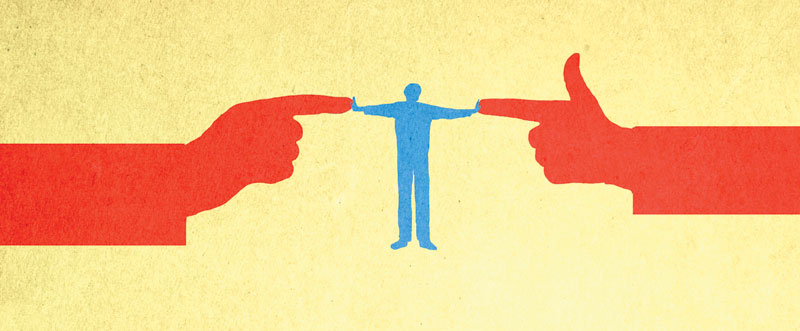
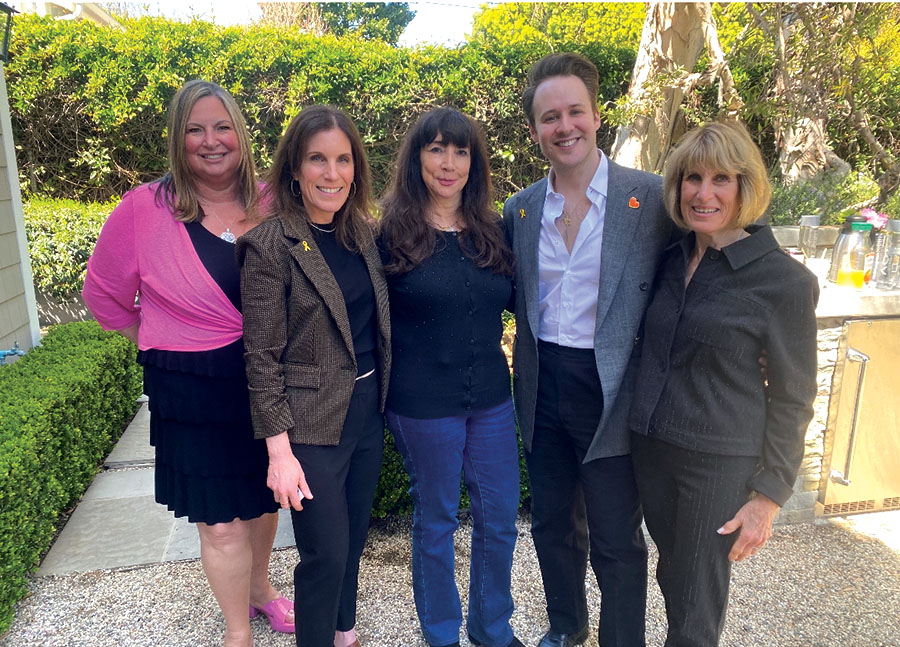
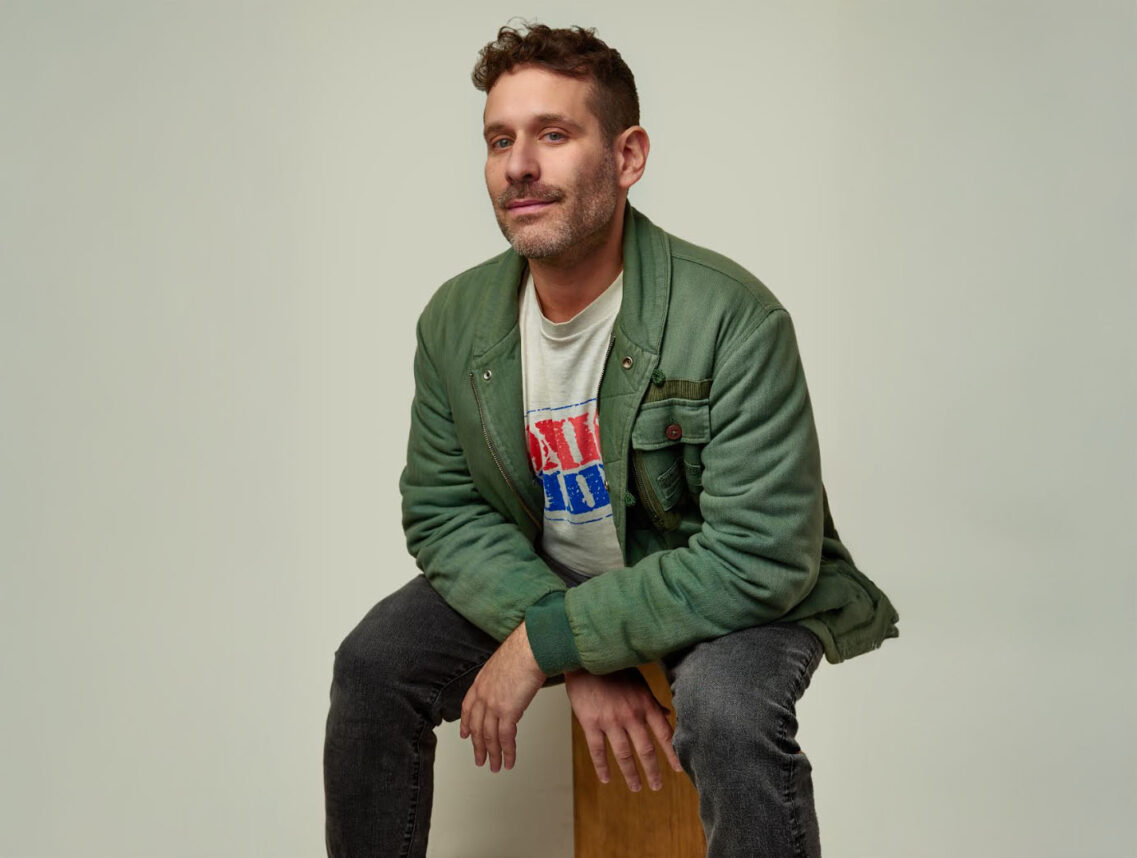
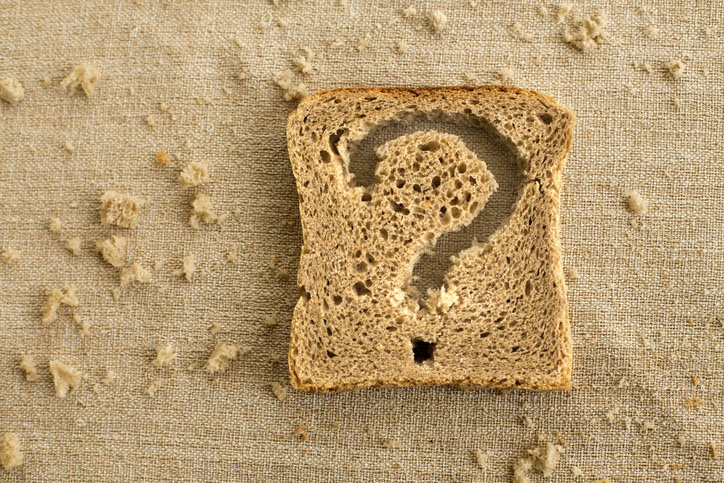
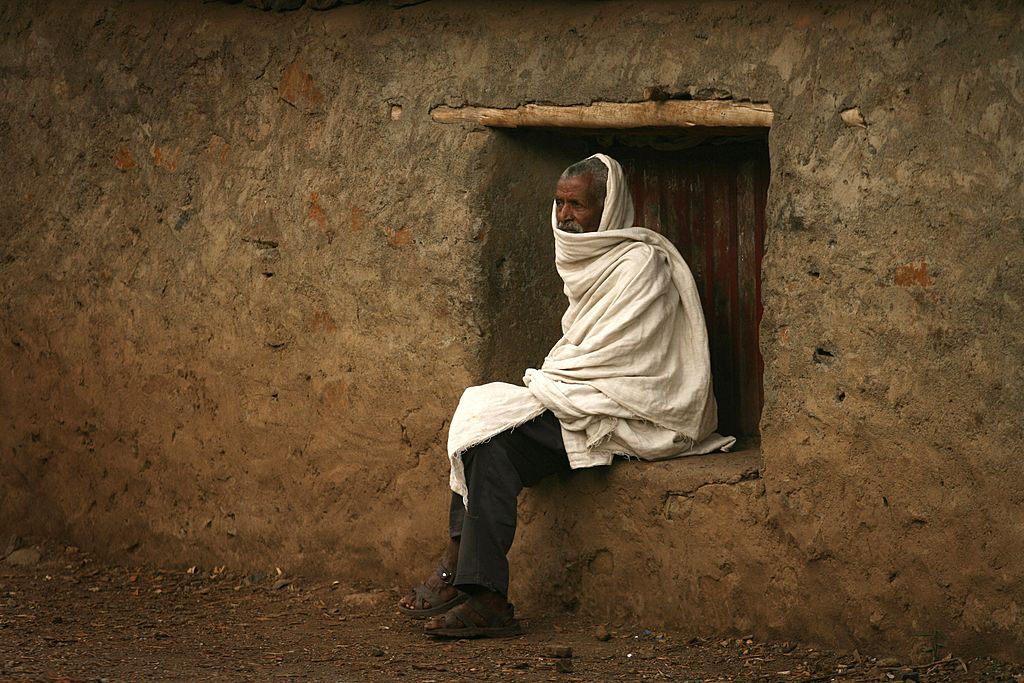
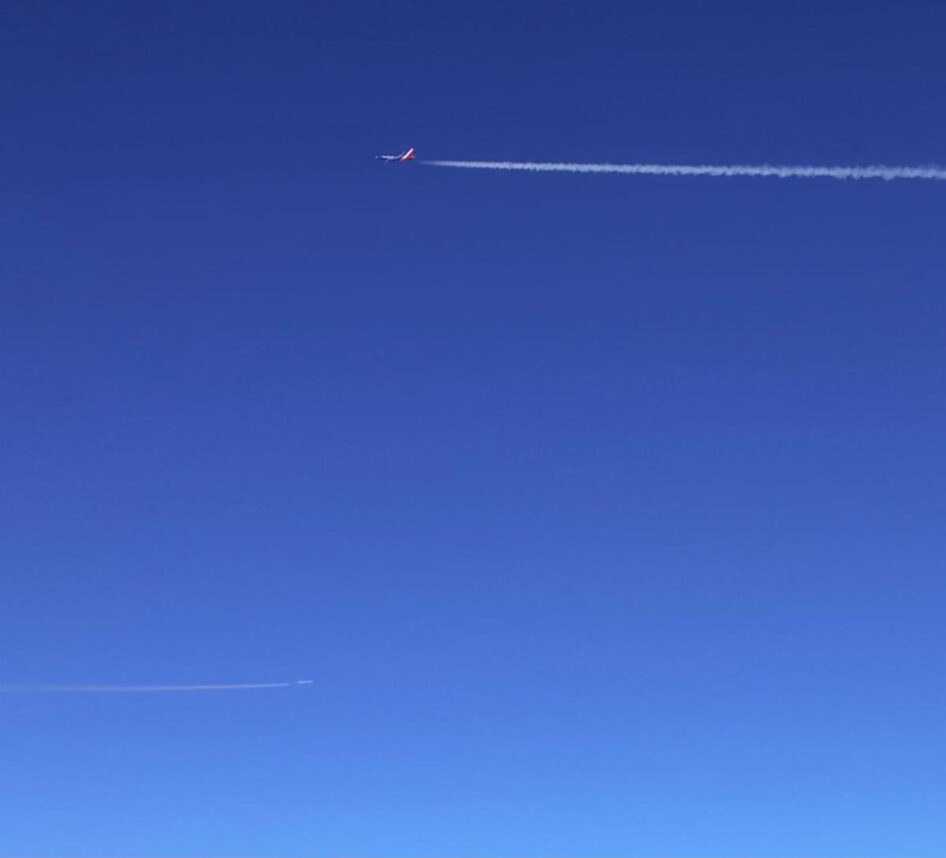

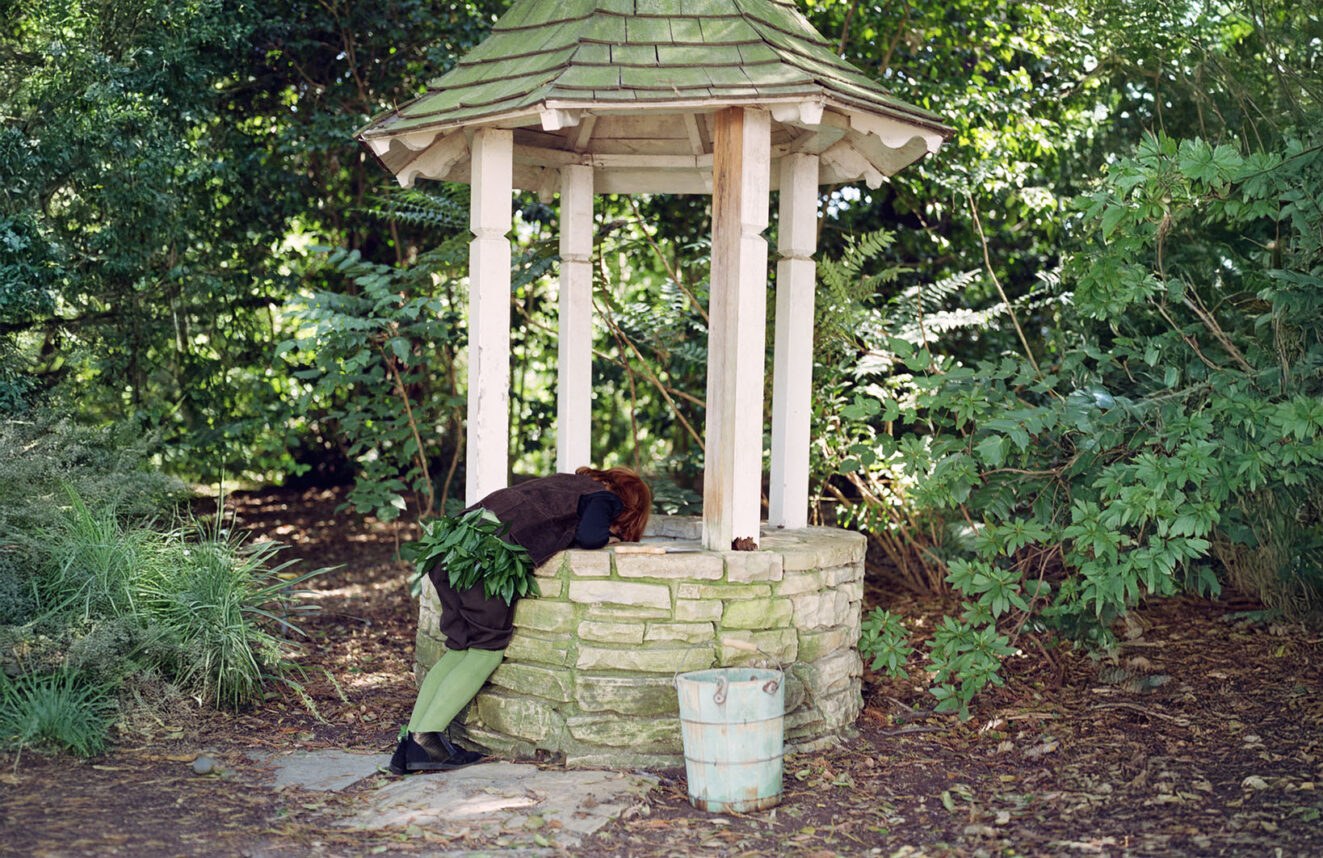





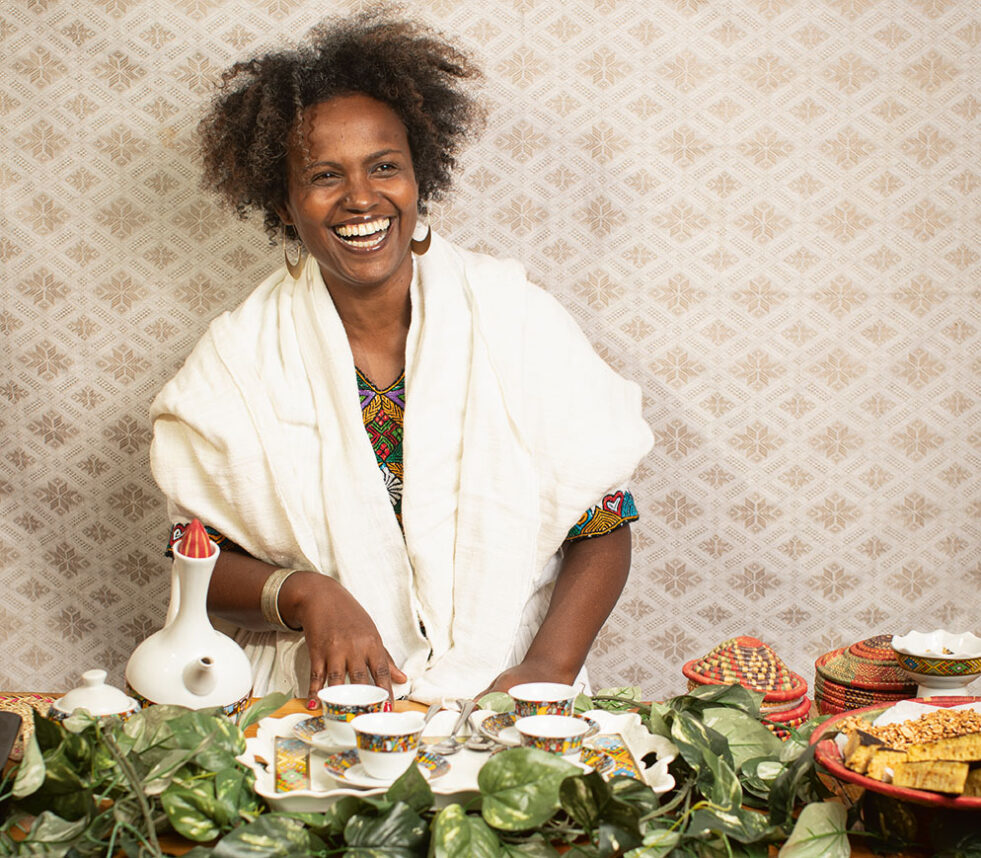


 More news and opinions than at a Shabbat dinner, right in your inbox.
More news and opinions than at a Shabbat dinner, right in your inbox.